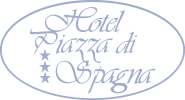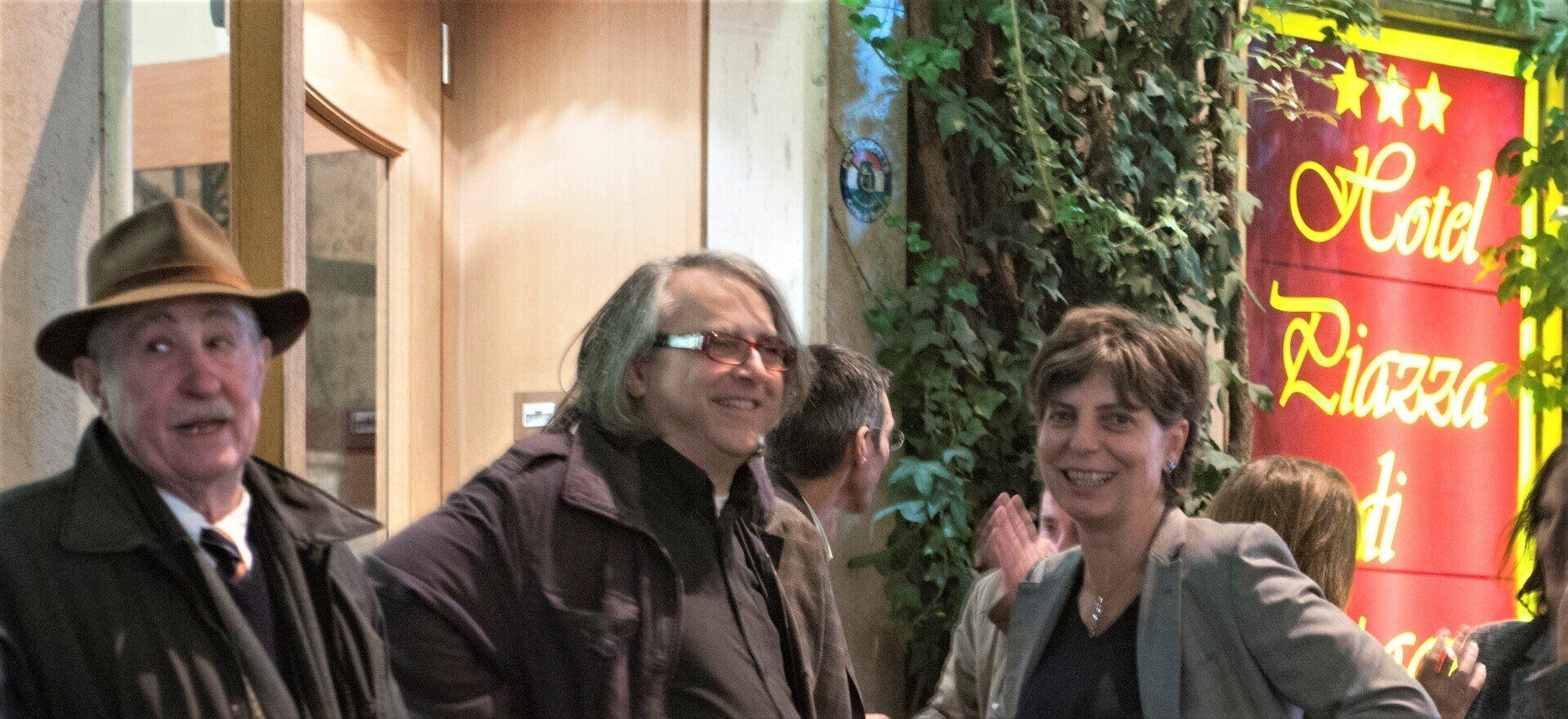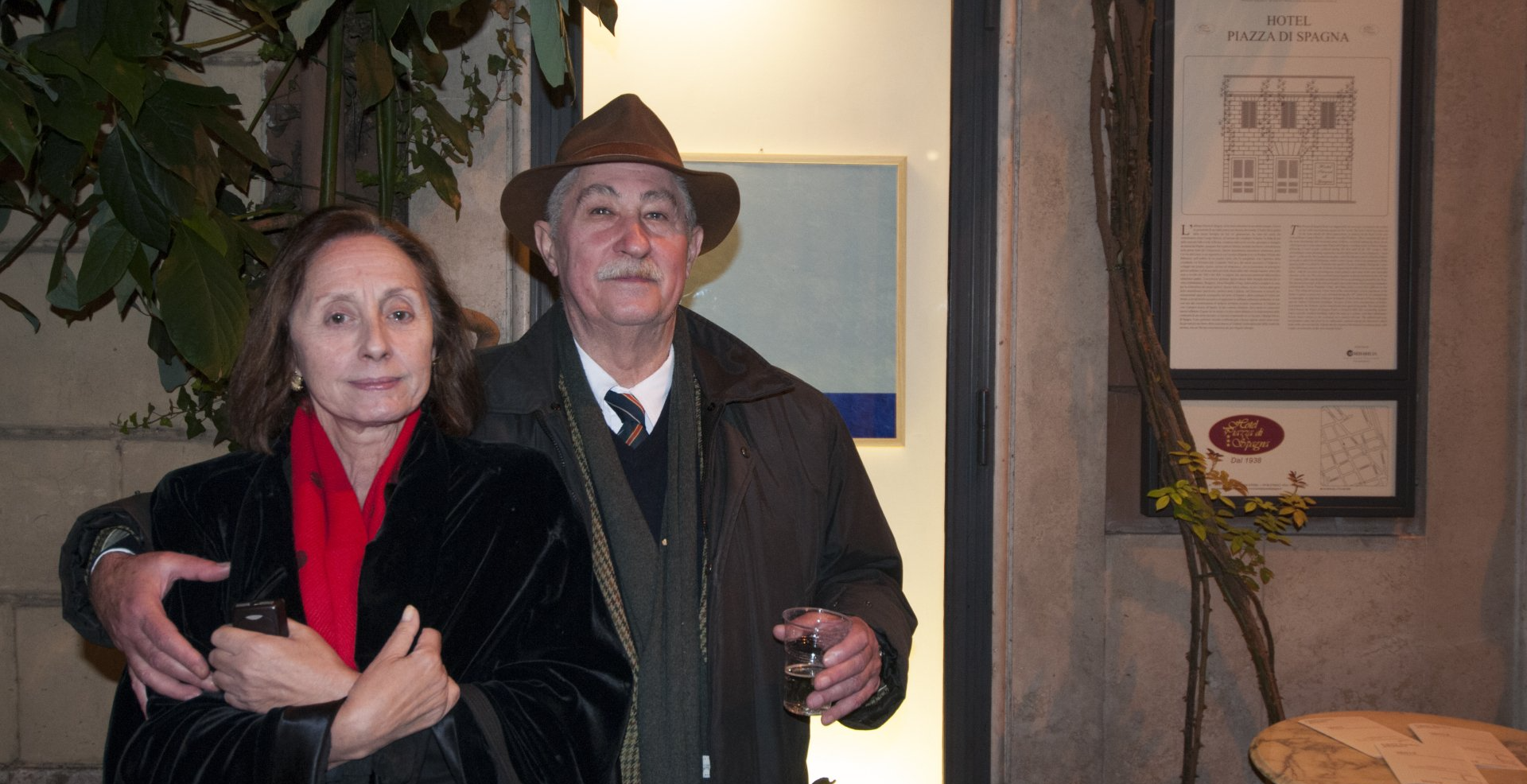ETTORE SORDINI
Altomare (High Tide)
“Sky, earth, sea at the horizon, the essential features of landscapes. Nature is solar and dazzling, but secretly restless and omen. Risk is lurking behind the sheath of light, because ‘no surface is beautiful without the terrifying abyss’ (Friedrich Nietzsche).
What is nature? Is it simple or it veils deception? Is it an unpredictable god’s hazardous try tormented by uncertainty, or maybe there is someone who ‘identifies herself in a God that created gentle things as plants and trees? Mice, plague, noise, desperation – yes, - but flowers?’ (Gottfried Benn). Nature is eluding and cryptic, withdrawing itself from any possession. As Heraclitus said, ‘nature loves to hide’.
We try to overpower it, mistreat it, humiliate it, wound it, but we are forced to repent our actions and hope that nature is stronger than our butchery. The more we investigate, the more nature is strict and merciless. If we believe we reflect on nature, becoming nothing more than a sounding board, we are offered ambiguity and duplicity because ‘men are equally distant from God and demons. Its supreme nature is also the vilest, the noblest is the most despicable, the quintessential of all that is beautiful and all that is ugly and cursed. It is the most sublime being of all creation, and the trademark of disgrace’ (David Friedrich) because ‘in regards of nature, in the best of cases, we should feel great sadness just like for prisoners. There is nothing more bitter than the eye of small flowers, or the sea swaying unhappily in its internal suffering and misery.’ (Franz Marc). It deceives us, making us believe that it can appease our inextinguishable thirst for the unknown. We are left to believe that our deal is not broken, and it seduces us. But nature doesn’t reveal secrets, and so we face once again the weight of this irreducible alterity. Since there is no further beauty existing free from dissension, an artist can’t back off from its task, to the mastery that is ‘the result of a profound desire to simply obey to nature’ (Carlo Carrà). The artist must ‘believe that he only painted what he saw. When painting, the artist must feel like copying nature. Even when taking a step back, he shall be convinced that his choices were only made to have a fuller representation of nature.’ (Henri Matisse)
(Antonio Capaccio)

HOTEL PIAZZA DI SPAGNA DI GIOCONDI ELISABETTA SAS
Via Mario de’ Fiori, 61
0187 ROMA
P.IVA: 05070861009
CIN: IT058091A1VJVOKJMJ
Contact Us
© Copyright 2020 HOTEL PIAZZA DI SPAGNA. All rights reserved. P.IVA 05070861009 - Privacy Policy




